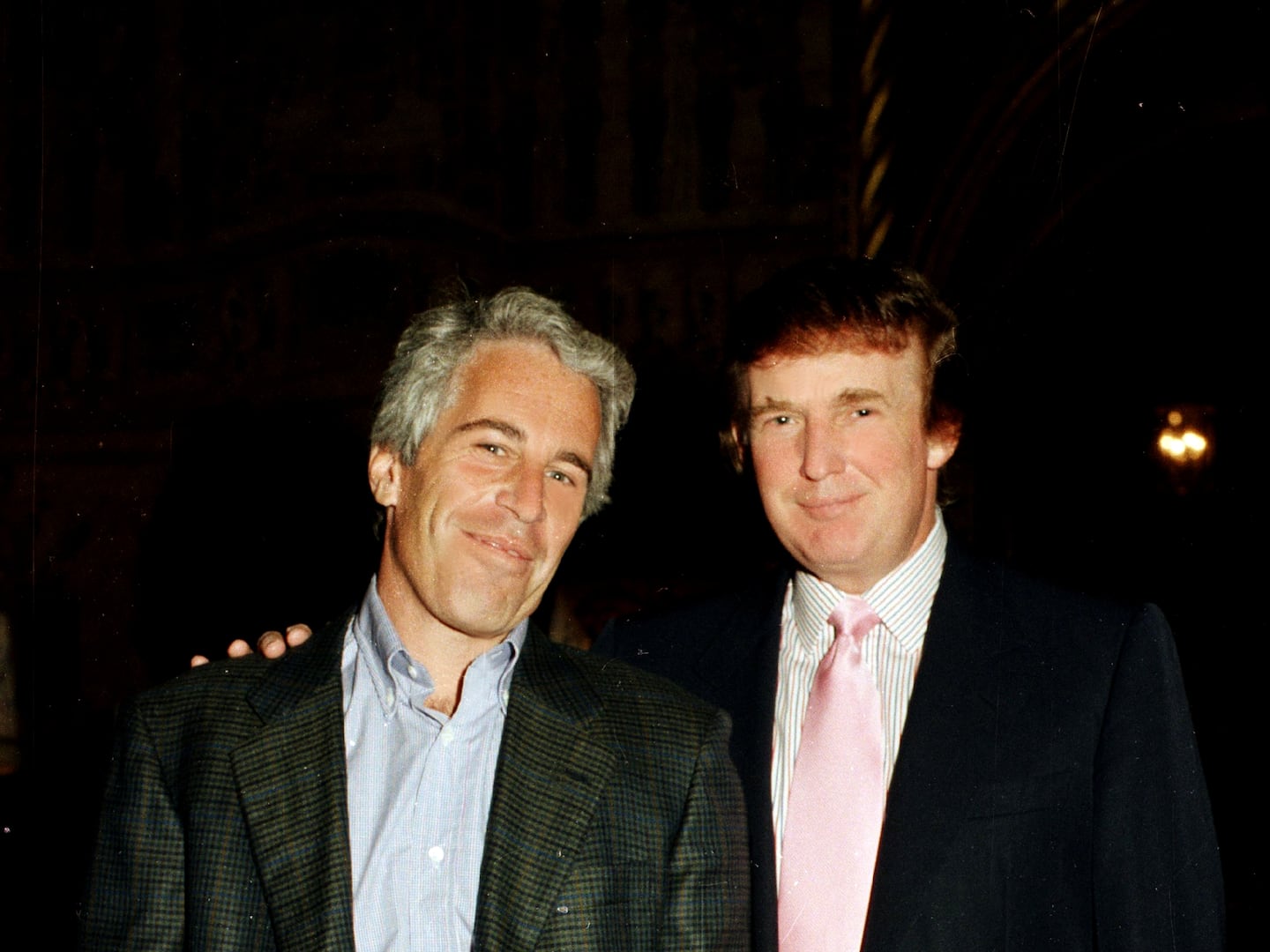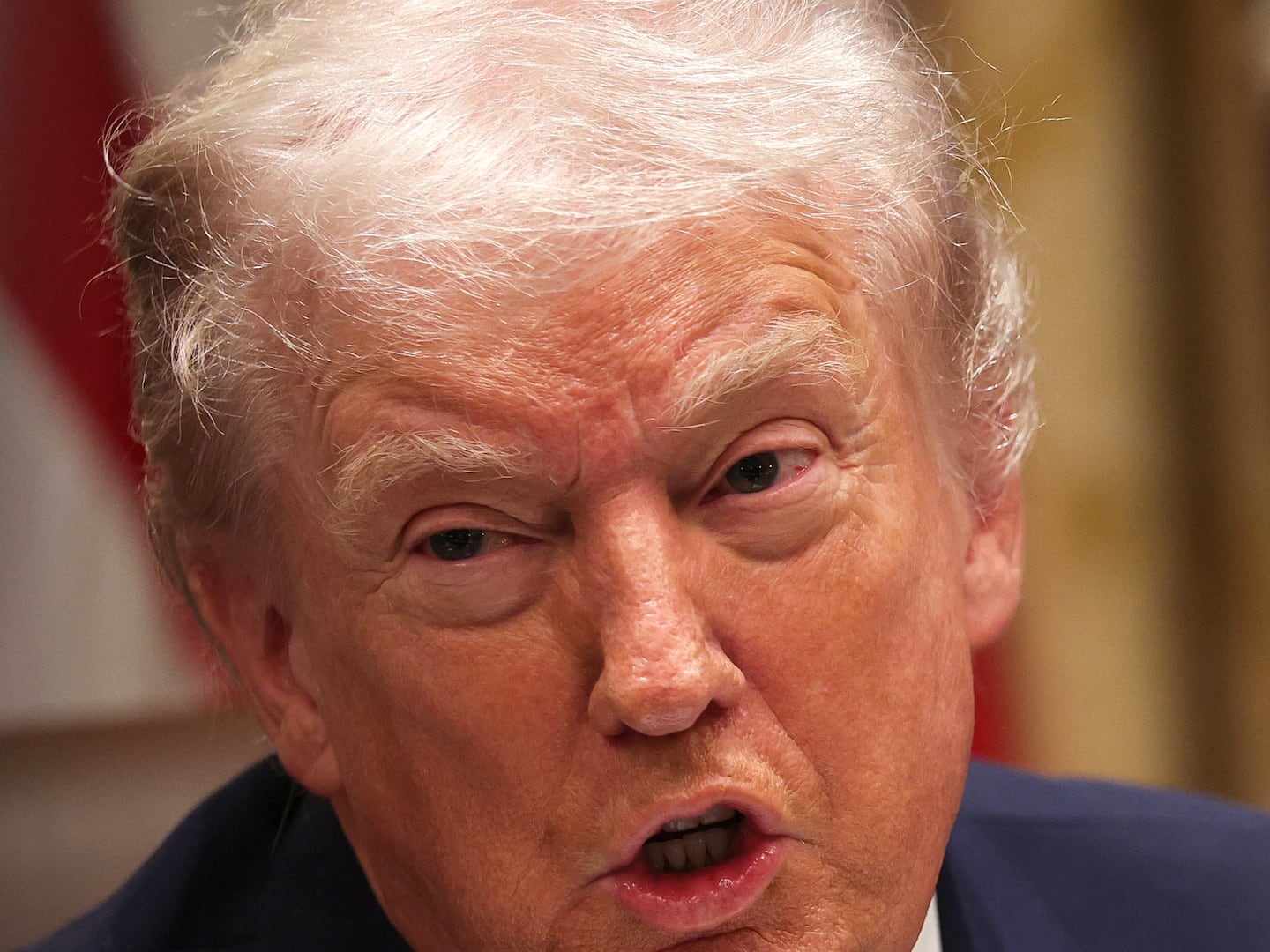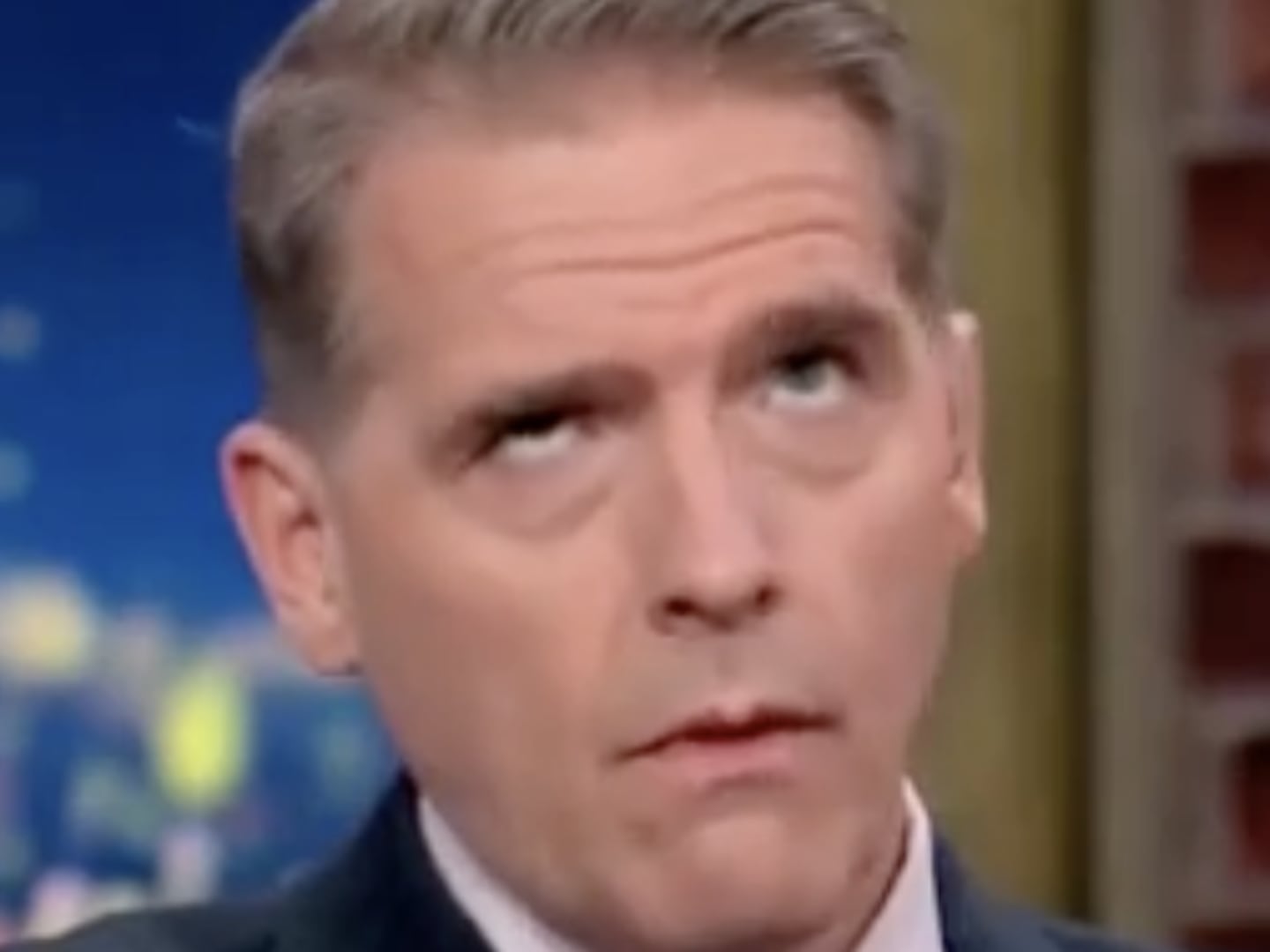There was an Obama before Obama, a black man with the grace, the intellect and the political acumen to overcome prejudice and climb the ladder of electoral politics to its highest rung. Julian Bond, who died on Saturday, was that man. And while he didn’t fulfill the heady expectations of his early rise to national prominence, he and the other civil-rights leaders of his generation—John Lewis, Andy Young, Vernon Jordan—helped pave the way for President Obama.
Obama counts himself among the “Joshua generation” charged with bringing their people into the Promised Land. Speaking in Selma, Alabama, at a civil-rights commemoration in March 2007, Obama said, “I’m here because somebody marched. I’m here because you all sacrificed for me. I stand on the shoulders of giants. I thank the Moses generation; but we’ve got to remember, now, that the Joshua generation still has a job to do.”
Cool and cerebral, much like Obama, Bond was only in his 20s when he emerged as one of the vibrant young voices of the civil rights movement. He wasn’t an older African-American preacher marching in the streets, although he was the direct beneficiary of what they did. And he had the courage to run for office, which was no small thing in 1965 in Atlanta.
“He was barely older than I was and he got elected as a black man in Georgia,” marvels Mike McCurry, who was in middle school when he was transfixed watching Bond’s nomination for vice president at the 1968 Democratic Convention in Chicago. Bond humbly declined the honor. He was 28, seven years shy of the 35 years of age required to be president.
Shining the light on Bond, if only to imagine what might be possible, produced a rare positive moment in a convention torn apart by the Vietnam War, police clashes in the street, and racial polarization. Bond had come to Chicago leading an alternative delegation from Georgia.
A lot of people in their 60s now were coming of age then, and what they saw in Bond was someone who had the savvy and the smarts to leverage black power within the white power structure. Immediately after President Johnson signed the Voting Rights Act in 1965, Bond ran for the Georgia House, and won. When the legislature refused to seat him because he wouldn’t condemn the symbolic burning of draft cards advocated by the Student Nonviolent Coordinating Committee (SNCC), he took his case all the way to the Supreme Court. He won on free-speech grounds and went on to serve four terms in the Georgia House and six in the Senate.
Bond was a celebrity and a popular speaker on college campuses. When a congressional seat opened up in the suburbs of Atlanta in 1986, he was presumed its natural heir. But John Lewis, his close friend and ally, who also had emerged from the civil-rights battles of the 60s as a genuine hero, also threw his hat into the race. In a crowded field, the two men finished at the top, which meant they were then pitted against each other in a run-off.
It was a bitter race and in a September debate, Bond accused Lewis of accepting an unethical campaign contribution, and Lewis challenged Bond to take a drug test, which he had refused to do. According to Lewis’s 1998 memoir, Walking with the Wind, Bond responded with a “nervous joke about ‘Star Wars’ and ‘Jar Wars.’ But no one was laughing,” Lewis wrote. The drug allegation took its toll, and Bond, the presumed golden boy, lost, never to run for public office again.
He and Lewis reconciled, but it took years. After Bond’s death was reported over the weekend, Lewis tweeted, “We went through a difficult period during our campaign for Congress in 1986, but many years ago we emerged even closer.” The two men together led a civil rights tour of the South in March of this year.
The resentments that tore them apart are recounted in Lewis’s memoir, where he wrote, “Julian enjoyed being a star. He approached his work as if it were an inconvenience. Everything had always come easy for Julian; sweating was not something he liked to do.”
Yet everyone assumed he would be a “shoo-in” for Congress. “And that bothered me a great deal,” Lewis wrote. “The assumption that the job was Julian’s if he simply wanted it just rubbed me the wrong way.”
Lewis’s father was a sharecropper, while Bond was the son of a university professor, a class difference that played out in that ’86 race where Lewis fought harder, and Bond was taken aback. He was a man more of contemplation than action. He wrote essays and poetry and he always had this bemused expression, like he was translating politics into iambic pentameter.
He frustrated his admirers because he didn’t seem to aim high, but realistically his path to higher office was eclipsed in that ’86 race. And in ’87, he was quoted saying, “I can’t live up to other people’s ambitions for me…I’m really flattered when somebody tells me ‘You should be this or you should be that.’ But…I have to do what I have to do.”
What he did was remain relevant apart from holding public office, maintaining his stature as a civil-rights icon and chairing the NAACP for 12 years. And he stretched his influence into an area not always comfortable for African-American leaders, becoming a dedicated advocate of gay and lesbian rights. His widow, Pamela Horowitz, told The Washington Post that the intensive care nurse told her what a privilege it was to care for him.
“She said, ‘As a gay American, I thought he was a hero.’ And for her to say that, for her to be the last person who was with him, I thought it was a nice way to end.”






